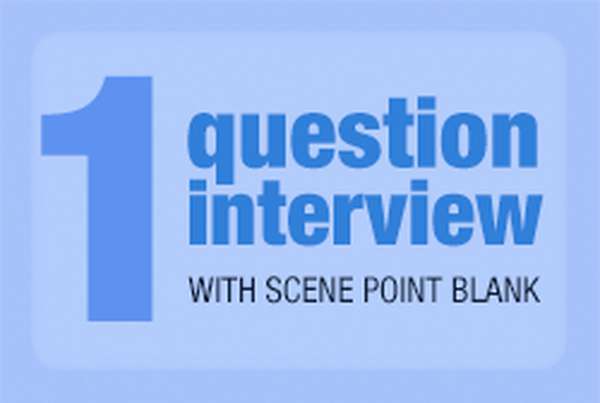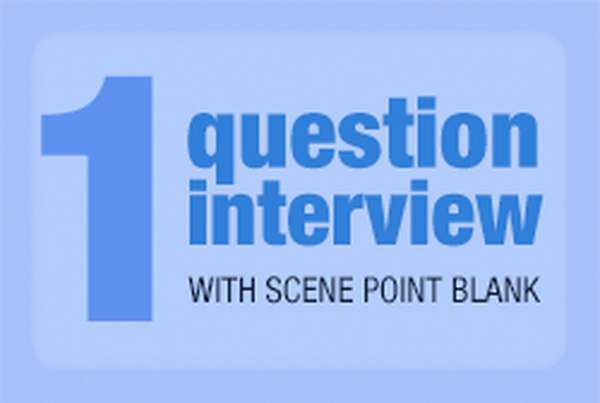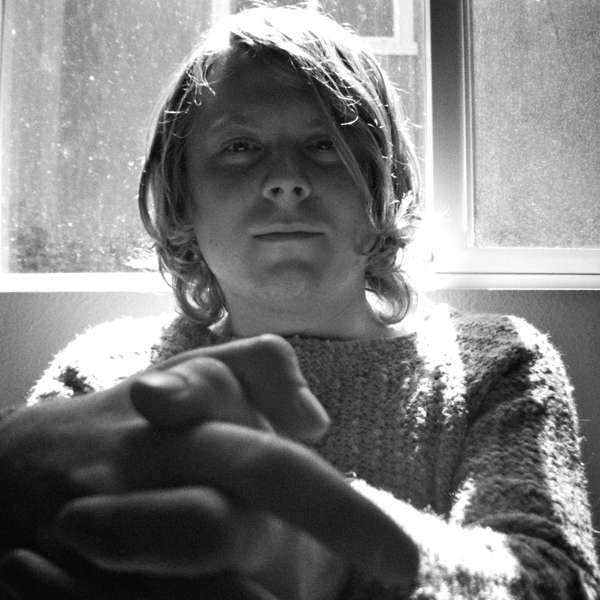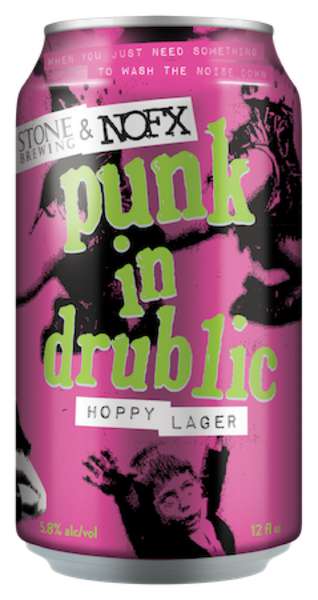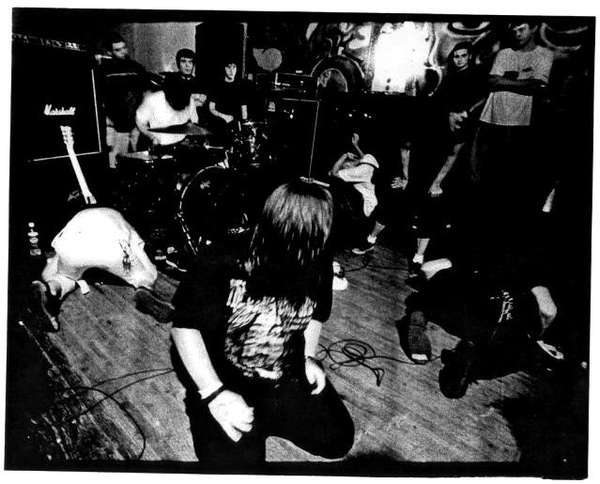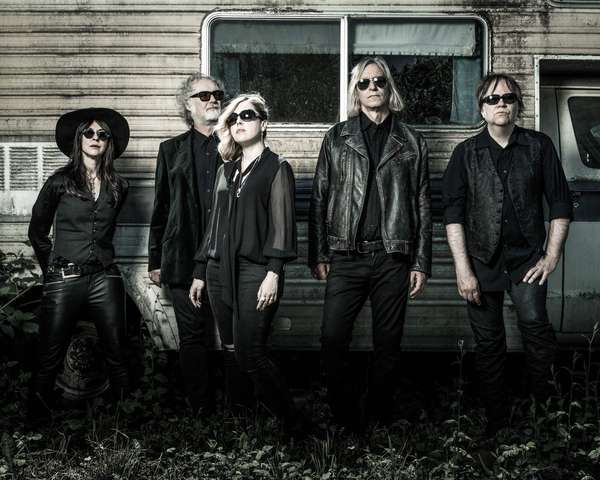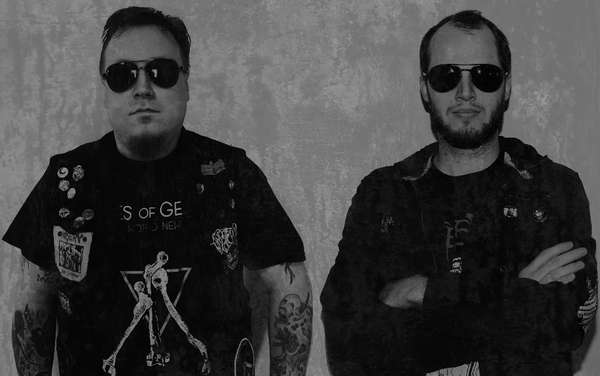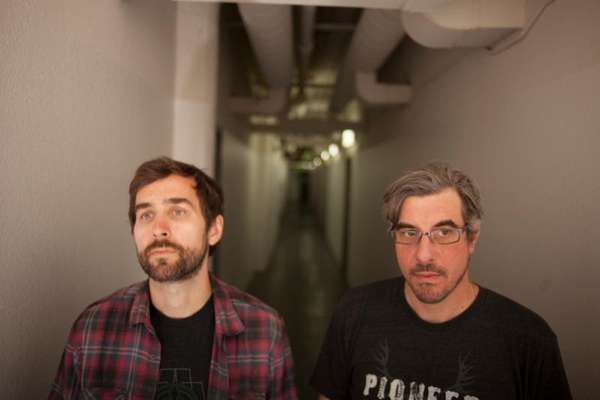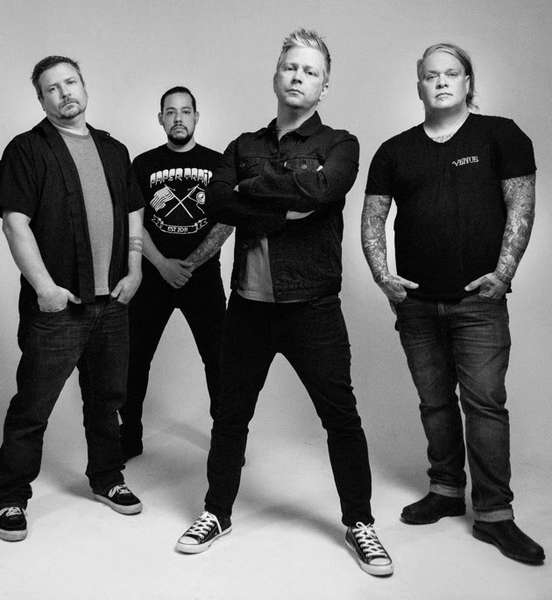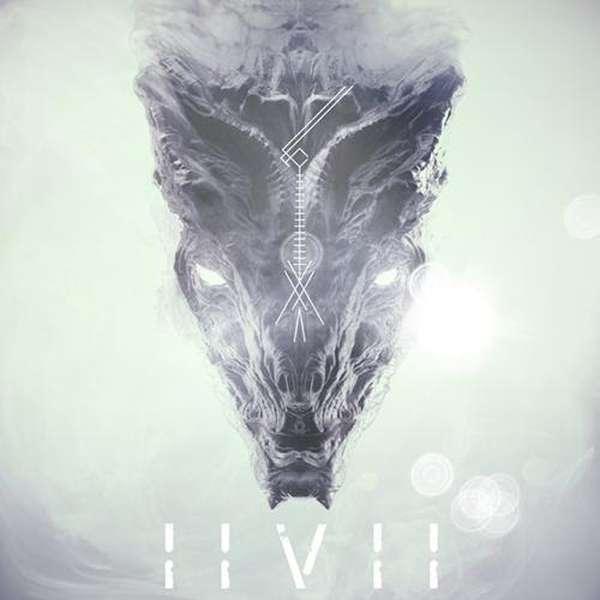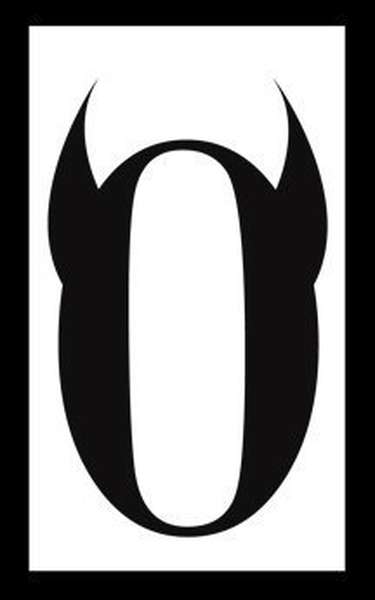Read more
Fluffy (The Ejector Seats/The By-Products – bass/vocals)
SPB: How has the increasing digitalization of music changed how you listen to or consume music?
Fluffy: Well...this is a sensitive subject for me!
Mostly...I hate the digitization of music! I'm not a "purist" or anything...I just love records and the whole process/religious experience of listening to them. Don't get me wrong, I think the technology is incredible: recording band practices on your phone and emailing them to everyone before they even get home from practice is great; being able to pop your stuff up online and instantly be connected to the 4 corners of the planet is a game changer and a time saver...But as far as listening, I like my records and the whole selection process! Yes...a strange ritual to most...understandable to some.
Portability?!?? you ask...Well, I'm fine with CDs. CDs are pretty great in comparison to tapes! Although tapes definitely helped humanity to take their tunes on the road in the ancient past, I personally have lost sssssssssooooooooooooo much good music from my tapes being eaten, that the simple sight of a cassette makes my blood pressure rise!
So, to simply answer your question, the way digitzation has most changed how I consume music, is that I will go to a band's site, listen to a couple of tracks, and if I dig them, I'll buy the vinyl!
Bruce Lamont (Brain Tentacles)
SPB: You have a dense and complex sound, heavily featuring jazz influences and an extreme metal basis. Since you are all heavily involved in the more experimental edge of the heavy spectrum, what do you feel like is the next step for the sound of Brain Tentacles?
Bruce: 2017 is the year that we are gonna go for broke. Taking more risks, more chances. We have nothing to lose.
How bout you?
Amirtha Kidambi
SPB: Your new album features a fair deal of spiritual themes, for instance the themes of creation, destruction, rebirth and repetition. Do you feel that themes from your own background, such as Hinduism, bring a more personal and unique tone to your concepts, and act as an aid in the construction of your music?
Amirtha Kidambi: Absolutely. The entire construction of the Holy Science suite is based around the ideas contained within Hindu scripture regarding time cycles. The suite follows these time cycles by name starting with first era of "creation" or the Sathya-Yuga followed by the Treta-Yuga, Dvapara-Yuga and finally the current era of chaos and destruction, the Kali-Yuga. The conception of time as cycles of birth, death and rebirth is a central idea in Hindu philosophy. I grew up Tamil Brahmin and it had a huge impact on me for better or worse. Hinduism as it is practiced today here in the US and in India, is a fairly conservative ideology even though the philosophy is actually incredibly radical and open. I was and still am negotiating that dichotomy and pushed back against the more conservative aspects as I was growing up. At the same time, the spiritual and philosophical ideas largely shape how I view the world and inevitably influence my thinking when it comes to music and creativity, especially improvisation. In Hinduism we have this idea of ego-destruction as a path to truth and I find improvising is one of the few activities where I've felt like I can get close to this idea of transcendence. These Hindu ideas also had a profound impact on artists including John and Alice Coltrane, who are some of my biggest musical influences, so it sort of comes full circle for me. I think the influence of these ideas in my music is not unique in that the influence exists, rather the filter that these ideas flow through. My own identity, personality, musical background and other musical influences transform these ideas into something I think is unique and to be honest pretty weird!
